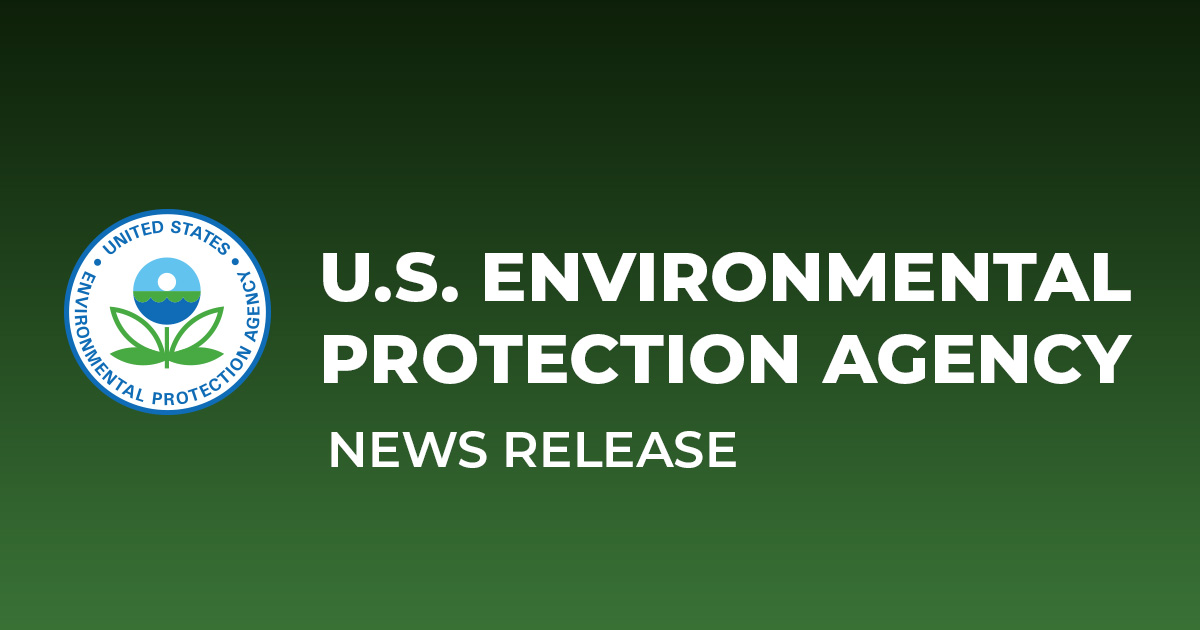Biden-Harris Administration Announces Availability of $206 Million in Funding for Local Projects to Restore Chesapeake Bay and Protect Underserv...
Published on by Water Network Research, Official research team of The Water Network

The U.S. Environmental Protection Agency announced the availability of up to $206 million in funding from President Biden’s Investing in America agenda to protect and restore the Chesapeake Bay and watershed, and advance environmental justice. EPA is seeking applications from eligible community-based organizations for two funding opportunities that will fund cooperative agreements for four years. Of the funding, $96 million will come from the Bipartisan Infrastructure Law while another $110 million will come from regular EPA appropriations.
Organizations can apply for funding via two Requests for Applications (RFAs) issued by EPA’s Chesapeake Bay Program Office; applications are due by mid-September. Both RFAs will fund the Innovative Nutrient and Sediment Reduction (INSR) Grant and Small Watershed Grant (SWG) programs for four years. As a result of the boost from the President’s Bipartisan Infrastructure Law, the $206 million from both RFAs will mark the largest single investment in these grant programs since their creation in 1999. Both programs have been integral to progress made at restoring water quality in the Chesapeake Bay and its watershed and are advancing President Biden’s Justice40 Initiative to direct 40% of the overall benefits of certain Federal investments to disadvantaged communities.
“Thanks to the Biden-Harris Administration, we have unprecedented funding going to communities for on-the-ground projects that will improve their local environments and ultimately the health of the Chesapeake Bay,” said EPA Mid-Atlantic Regional Administrator Adam Ortiz. “This historic funding, along with the great momentum and stronger cooperation among the many partners, is enabling us to accelerate our work to achieve clean waters and a healthier, more resilient and economically stronger Bay and watershed.”
This program will fund principal recipients to administer the INSR and SWG grant programs, including issuance of subgrants to local, regional, and state organizations, as well as individuals in the Chesapeake Bay watershed. The RFAs will close mid-September. More information regarding these RFAs can be found at grants.gov at https://www.grants.gov/web/grants/view-opportunity.html?oppId=349633 and https://www.grants.gov/web/grants/view-opportunity.html?oppId=349699 Questions regarding applying for these opportunities should be directed to Autumn Rose, EPA Chesapeake Bay Program Office, at rose.autumn@epa.gov.
Background:
The Chesapeake Bay Program is a regional partnership made up of six states (Maryland, Virginia, Pennsylvania, Delaware, New York, and West Virginia) and the District of Columbia; federal agencies; local governments; academic institutions and non-governmental organizations that lead and direct the restoration and protection of the Chesapeake Bay and its 64,000 square mile watershed. Guided by the Chesapeake Bay Watershed Agreement, Chesapeake Bay Program partners use 10 interrelated goals and 31 outcomes to collectively advance the protection and restoration of the Chesapeake Bay ecosystem.
The INSR program supports efforts within the Chesapeake Bay and its watershed that use innovative strategies to vastly accelerate sub-watershed and/or regional-scale implementation of nutrient and sediment reductions with approaches demonstrated to be successful. Since 2006, the INSR Program has provided more than $133 million to 229 projects that have reduced 22 million pounds of nitrogen, 4 million pounds of phosphorus, and 971,740 tons of sediment across the Chesapeake Bay watershed.
The SWG Program funds community-based efforts to protect and restore the diverse and vital habitats of the Chesapeake Bay and its tributary rivers and streams. The SWG Program has provided more than $109 million to 496 projects that have permanently protected 169,000 acres under conservation easement, restored more than 1,550 miles of riparian habitat and 14,000 acres of wetlands, and engaged more than 125,000 watershed residents in volunteer conservation and restoration efforts.
Attached link
https://www.epa.gov/newsreleases/biden-harris-administration-announces-availability-206-million-funding-local-projectsTaxonomy
- Restoration
- Ecosystem Restoration
- restoration ecologist